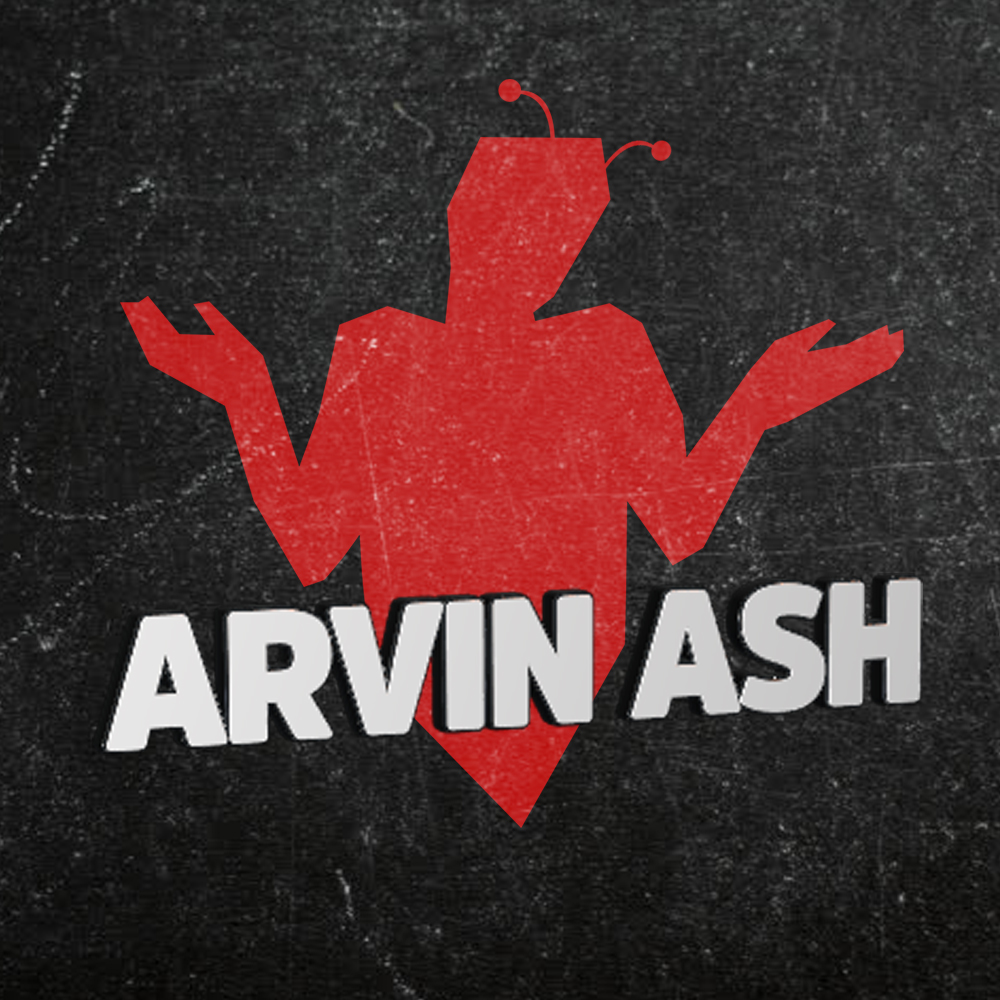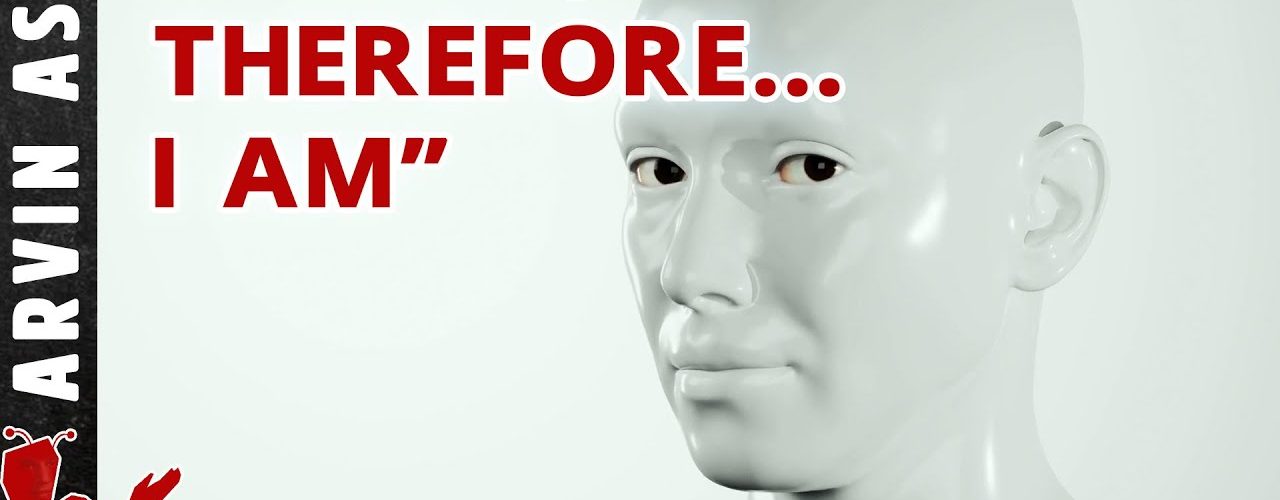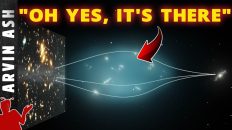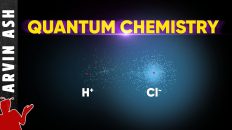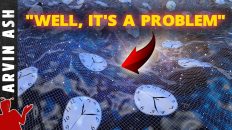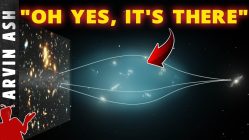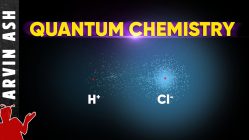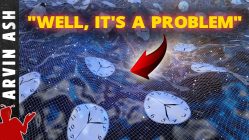We define consciousness, and then answer the question whether AI machines are capable of being Conscious? How would we recognize it if it happens? Wikipedia defines consciousness as awareness of internal and external existence. Scientific American defines it as everything you experience.
In 1950, English mathematician Alan Turing proposed a way to determine whether a machine can actually think, whether it as a mind, called the Turing test in his honor, but was originally called the imitation game. In this test, a human judge holds a text conversation with a human being and a one a computer. If he cannot reliably tell which of the two entities is artificial, then the artificial machine must be considered as having a mind. In March of 2024, Stanford University researchers reported that the latest version of ChatGPT, GPT 4, had passed a rigorous version of the Turing test.
But this does not mean ChatGPT is conscious. The problem with the Turing test is that while it can show that a machine can simulate human conversation, it does not prove that the machine has a mind, or is aware. While a computer may perfectly simulate the workings of a coffee machine, it does not make anything that we can actually drink.
Is ChatGPT like the coffee machine simulating the function of a mind?
What is ChatGPT? It’s like a super-fast reader and writer. It’s been fed a massive number of books, articles, and conversations, and it’s learned to spot patterns in how people use words. This is why it’s called a Large Language Model, or LLM. When you ask it something, it pieces together words that fit best with the question and context, based on patterns that it recognizes from all the material it was trained on. It essentially predicts patterns of words. We can’t say that Chat GPT has a mind because it doesn’t really “know” anything.
Does ChatGPT have the capability to eventually become conscious? Some computer experts think AI can never be conscious because they say LLMs are nothing but algorithms trained to synthesize results based on human produced data. It will not lead to new thoughts or discoveries. But the argument against this is if only humans or biological animals can be conscious, then there is something unique about a biological brain that cannot ever be replicated artificially. What is that uniqueness about the human or animal brain?
There are some people who believe consciousness does not arise from within the brain, but from elsewhere, and that the brain acts like a radio receiver. But there is no evidence of this. Most cognitive scientists believe that consciousness is an emergent phenomenon arising within the brain. It means that you won’t find consciousness in individual neurons, or other isolated brain structures, but arising from the interconnections and the chemical and electrical interactions of billions of neurons.
The classical example of emergence is from John Stuart Mill, the 19th century English philosopher, using water. A hydrogen and oxygen atom is not wet. But put lots of those molecules together, interacting at room temperature, and you have something new: wetness.
Can machines have a mind? Marvin Minsky, a pioneer in artificial intelligence, said that “mind is what the brain does.” Well, there is something the brain is doing. In principle, we should be able to specify what that something is.
If we can find what consciousness does, and can put our finger on it, the next step would be to specify that functional something is operationally. At its core, it must be a process that moves from some range of inputs to some range of outputs. This is because consciousness manifests itself ultimately as a range of outputs that we perceive.
#AI
#Consciousness
#chatgpt
Suppose we succeed in giving a formal outline of the process of consciousness. There shouldn’t any obstacle to building that formal process into a machine. When will this happen? Futurist Ray Kurzweil estimates around 2030. I concur. My opinion is that It’s probably only a matter of time that we will have all we need in order to build conscious machines. In my view, the biggest question is not if nor even when, but after it happens, then what?
